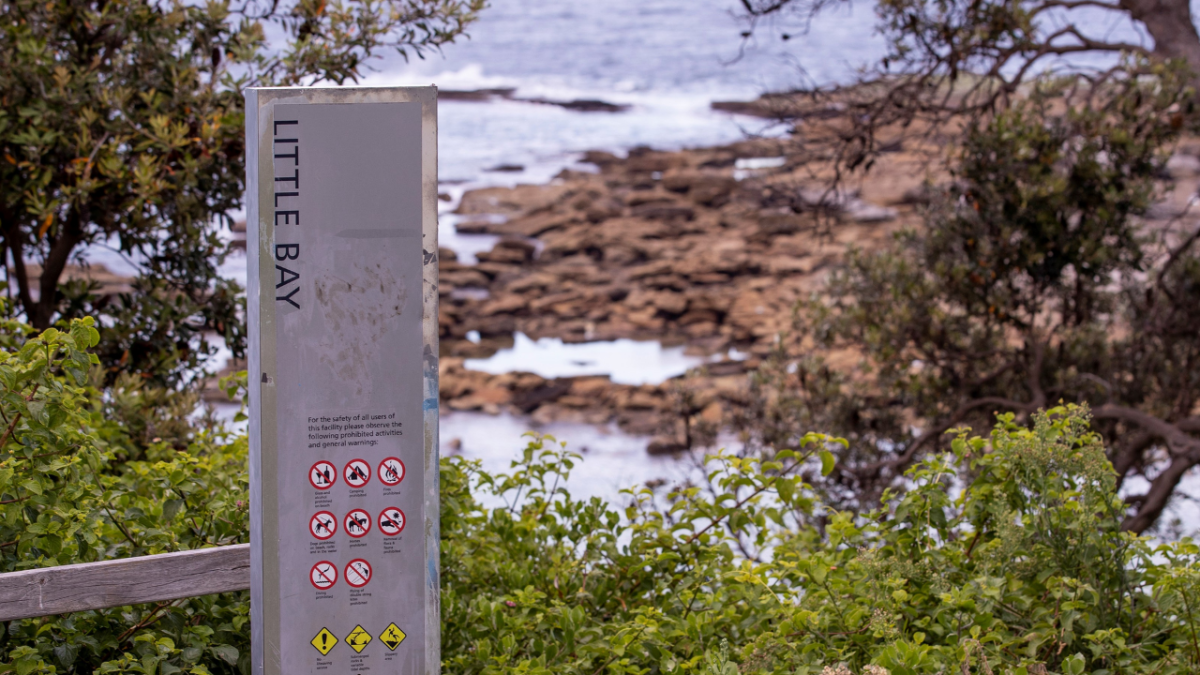
Experts are reflecting on the ethical implications of Wednesday’s shark attack video being broadcast across the internet and offering possible reasons as to why witnesses chose to record it.
Simon Nellist, a 35-year-old diving instructor was tragically killed in Sydney’s first fatal shark attack for almost 60 years. Since then, the video of the incident has gone viral around the globe on TikTok, Twitter, Facebook, and various news publications.
Since the incident, there has been a considerable amount of online backlash against the witnesses who filmed it.
It disturbs me so much that when someone is losing their life in such a horrific, terrifying way another person thinks it’s ok to film it happen.
Very sad news about the Shark Attack in Sydney. I only hope the poor person didn’t suffer too long. 😢
— Lucy (@LucyVHolland) February 16, 2022
Apparently there’s a video going around of yesterdays shark attack in Sydney. Shocking sign of our society that the first thought is to whip out a phone and get a video instead of jumping in the water and trying to help the man. Just my thoughts
— Charles Comino (@CharlesComino) February 17, 2022
Tama Leaver, a professor of internet studies at Perth’s Curtin University tells the ABC that people have become accustomed to pulling out their phone camera even if they are filming something shocking.
“When everyone is carrying an entire film production kit in their pocket, it’s perfectly reasonable to expect that, if you saw something that was terrible or controversial, that you would record it”.
Leaver also comments on how the power to immediately share something online can stifle our ability to make an ethically sound decision.
“I suspect that video was taken and shared within two minutes of being recorded, and that it was all done before a moral judgement was made.”
Randwick beaches including Little Bay, Malabar, Maroubra, Coogee, Clovelly and La Perouse will be closed for 24 hours following a fatal shark attack near Little Bay today. Council Lifeguards will patrol beaches over the next 24 hours looking for any further sightings of sharks. pic.twitter.com/0FFNwGCgwe
— Randwick Council (@RandwickCouncil) February 16, 2022
Katherine Biber is a legal scholar and criminologist at University of Technology Sydney says that “it’s not illegal what happened, but there seems to be unease about it — that people have crossed a boundary” as per the ABC.
Biber mentions that perhaps there should be more public awareness around the implications of choosing to view such an incident.
“I do think we need to improve public understanding on the ethics of looking, and the consequences of looking, because it has an impact.”
In the immediate aftermath of the attack, academics warned against news sites giving further publicity to the incident by including the video in their bulletins.
Bond University Associate Professor of environmental science Dr Daryl McPhee told 7News that he felt the video shouldn’t be shared any further.
“I’d also urge news and social media outlets to take down videos of the attack and its immediate aftermath,” he said.
It’s also worth noting that the majority of views the video accumulated weren’t from the accounts of the original videographers, but were instead from other individuals and news publications re-sharing it to audiences both domestic and abroad.
This sentiment was also reflected by Professor McPhee who argued that “scapegoating of the witnesses who were at the scene must stop. They themselves are traumatised by what they have seen”.
If you need mental health support, please call Lifeline on 13 11 14 or chat online.
Under 25? You can reach Kids Helpline at 1800 55 1800 or chat online.
You can also reach the Suicide Call Back Service on 1300 659 467 or chat online.
If you require immediate assistance, please call 000.



